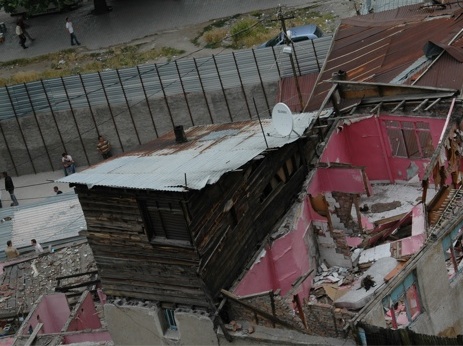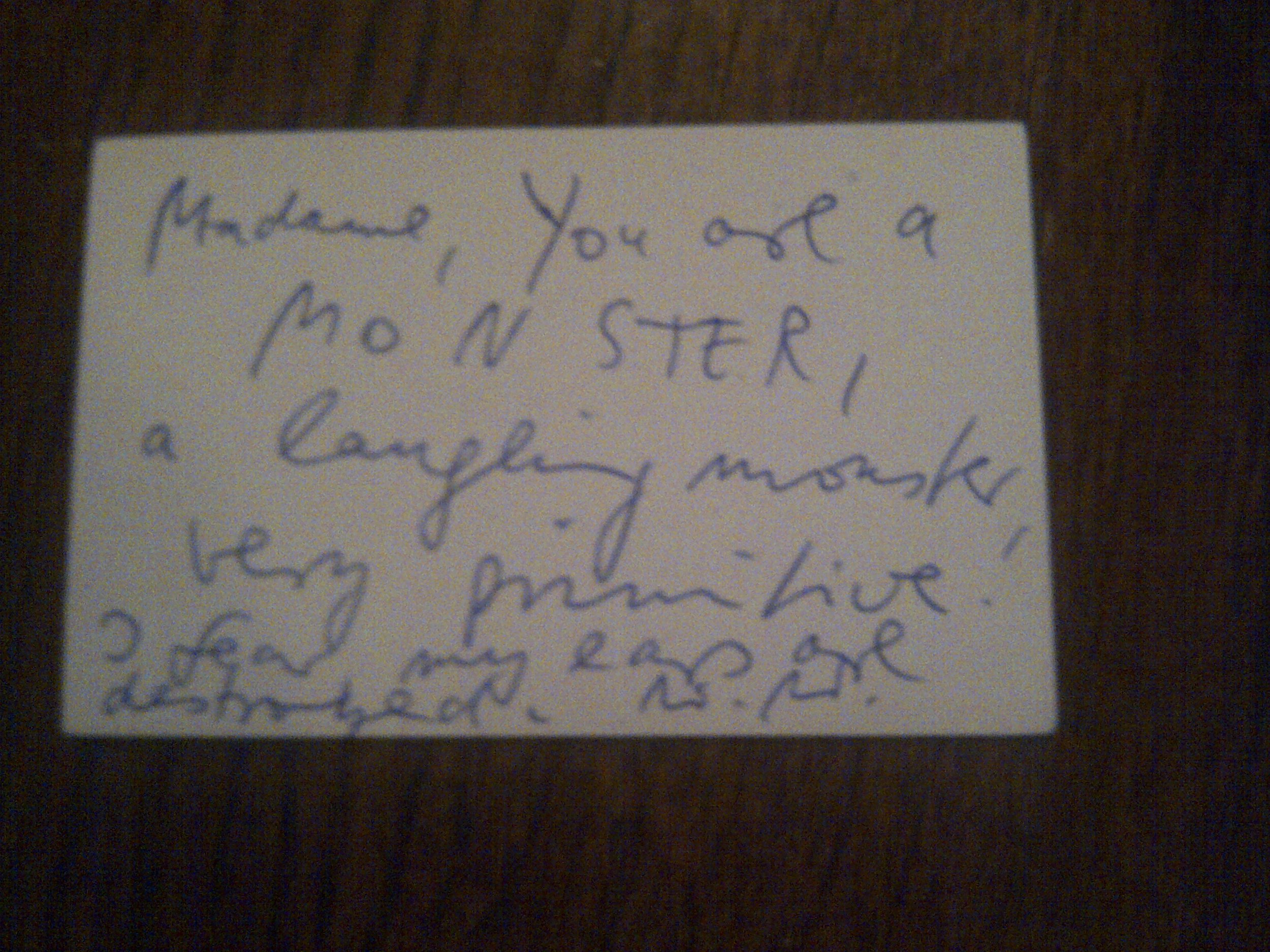It's week four of an MBA course entitled "Global Economy," our midterm exam will be upon us in approximately 100 hours, and anxiety has tied my back and neck muscles into knots. And I'm thrilled about it. The course, taught by Professor Michael Waugh, has enlightened me on so many levels. Learning how to calculate GDP, manipulate formulas in Excel, and analyze factors contributing to productivity is not only illuminating, but empowering. All of a sudden, I feel like I understand business news when I read it -- really understand it. Not just the words, but the thinking (the math, even) behind it. For someone who comes from a humanities background (and compounded it by going to Brown), this new knowledge is exhilarating.
Why does this relate to feminism? Several reasons:
- Being "numerate" - a word I confess I hadn't heard until Reuters data journalist and all-around great guy Reginald Chua guest-taught a class and dropped that one on my head - is just as important as being literate; it's a way of understanding the world that can provide a lot of clarity, or, as Professor Waugh put it when referring to a growth formula, "it's a way to discipline our thinking."
- Clarity and disciplined thinking are often scarce in discussions about gender, sexuality, reproductive health and related issues. Why? Because these are deeply personal, emotional issues with very small slivers of black and white, and a tremendous amount of grey. There are statistics and metrics on a lot of these issues -- on abortion rates state-by-state, for example, or hate crimes against LGBTQ people, or the incidence of domestic violence -- but for many people, there's something callous about evaluating an issue like abortion on the basis of a data set. Is a fetus a life? Is a woman's life more valuable than that of an unborn fetus? I'd hazard that most people feel more comfortable turning to beliefs, not numbers, for answers.
- This is not to say that numbers provide answers to these questions. But data is critical to forming policies, and to soundly critiquing them. I learned this when I researched an article on the death penalty, which is currently losing favor in a lot of states on economic grounds: prosecuting death penalty cases through repeated appeals processes costs states a crap-ton of money that could be spent on other parts of the criminal justice system, like the police force.
- Thinking more mathematically and learning about how labor, capital and productivity interact are forcing me to challenge and refine my own long-held notions about feminism, and to think more creatively and rationally about how and why issues like education, work, reproductive choice, sexuality, and health fit together within a larger economic framework.
Of course, given how fundamental constructs of gender are to larger social structures like the family, or marriage or - perhaps especially - commerce, the challenge with which I am struggling right now is how to evaluate these statistics, numbers, economic indicators in light of or with respect to structural critiques of patriarchy or heternormativity. Data is disaggregated by gender or sex -- where does that leave trans people? The Census Bureau defines a "family" as "a group of two people or more (one of whom is the householder) related by birth, marriage, or adoption and residing together" -- but who are they to define a family? And where did that definition come from?
Forthcoming blog posts will explore more of these issues in depth. Thanks for reading and stay tuned. --ALS


